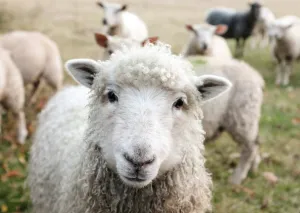Introduction: Deciphering Terminology
The term “plant-based” has become ubiquitous in discussions surrounding health, environment, and ethical consumption. Yet, its precise definition often varies. Generally, a plant-based diet emphasizes foods derived from plants, including vegetables, fruits, grains, nuts, seeds, and legumes, while minimizing or eliminating animal products.
Core Principles: Health, Environment, Ethics
A plant-based lifestyle intertwines with broader objectives: improving personal health, protecting the environment, and reducing animal suffering. This holistic approach appeals to those seeking a sustainable and compassionate way of living.
What’s the Difference Between Plant-Based and Vegan?
While “plant-based” focuses on diet composition, primarily consisting of plants and minimizing animal products, “vegan” extends beyond diet to an entire lifestyle, excluding all forms of animal exploitation and products, including in clothing, cosmetics, and more.
Plant-based diets might still incorporate minor amounts of animal products or derivatives, emphasizing overall plant dominance. In contrast, veganism is a strict adherence to avoiding all animal-related products, motivated by ethical, environmental, and health reasons.
Nutritional Perspective: A Balanced Approach
Adopting a plant-based diet doesn’t merely involve removing animal products but ensuring a balanced, nutritious intake. This includes a focus on whole foods rather than processed alternatives, aiming for variety to cover all nutritional bases, from protein to essential vitamins and minerals.
Environmental Impact: A Greener Choice
The shift towards plant-based eating also responds to environmental concerns. Plant-based diets require less water, land, and energy and produce fewer greenhouse gases compared to traditional meat-based diets, contributing to a healthier planet.
Cultural and Personal Dimensions
While the plant-based movement has roots in vegetarian and vegan philosophies, it offers flexibility, allowing individuals to define their own boundaries based on health needs, ethical beliefs, and environmental considerations.
In Summary: A Personal and Global Impact
Adopting a plant-based lifestyle is an empowering choice with far-reaching benefits. By understanding its multifaceted implications, individuals can make informed decisions aligning with their values, contributing to personal well-being and global sustainability.



